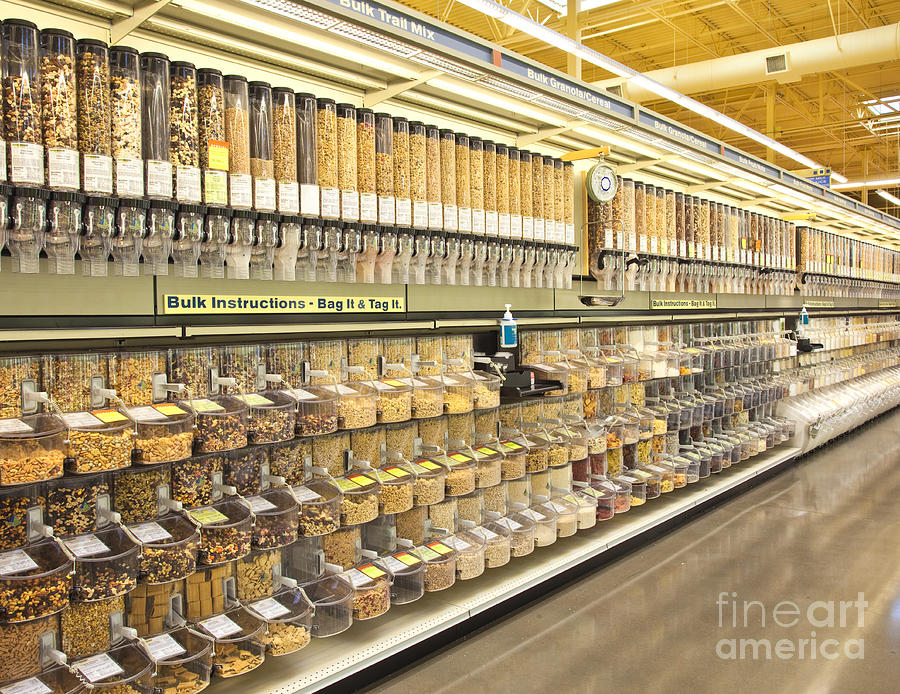- The most formative experience in this class was learning how to analyze your own issues in the business. I run my own small online business, so I sometimes have issues that I'd love to correct, like conversion rates or abandoned carts. Through ENT 3003, I learned about the categories of features customers face, from Exciters (awesome things about your brand), to the features you just deal with, and even the features you hate. All are important in improving your business.
- I really enjoyed the elevator pitches. I liked talking about something I'm passionate about, and it gives you good experience in how to communicate business ideas to others. Plus, the feed back helped me improve on my pitch.
- I'm proud of accomplishing a venture concept. That is a big analysis of something you're doing (almost like a business plan), so to do such for just an idea was a big step for me. If I have a great idea for a business, that will be one of the first things I'll do.
Now that I've finished the course, I truly believe I have an entrepreneurial mindset. Before the class, I truly looked for opportunity in every aspect of the world- from the Internet, to small corner stores, to groundbreaking businesses. But after finishing the class, I think I have the skills necessary to carry out these ideas. Or, at least, enough insight to go and get help from entrepreneurs around me. I also think I can characterize good ideas with bad ideas now. I can look through the possible risks that putting that idea into action would create, and then judging whether or not it's worth pursuing. All of these skills are essential to being a great entrepreneur.
One recommendation I have for future business people and ENT 3003 students is to keep an open mind. Even if you don't think you're interested in having a business some day, still be curious. The world nowadays respects those who take risks, and no doubt about it, entrepreneurs are risk takers. However, the payoff is remarkable, and if someday you wake up hating your job, you can always come be an entrepreneur.


